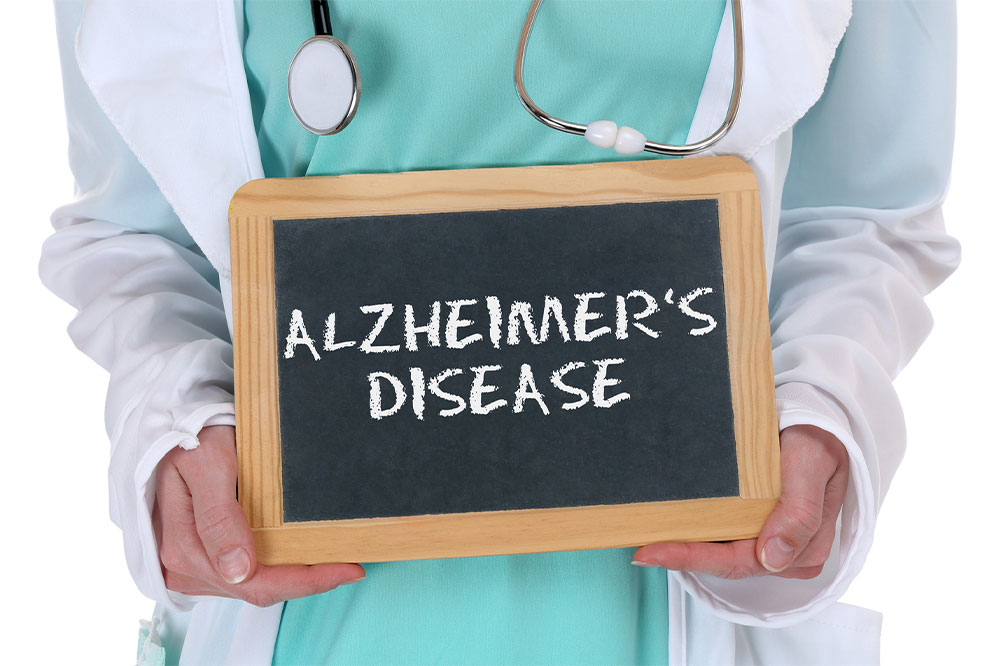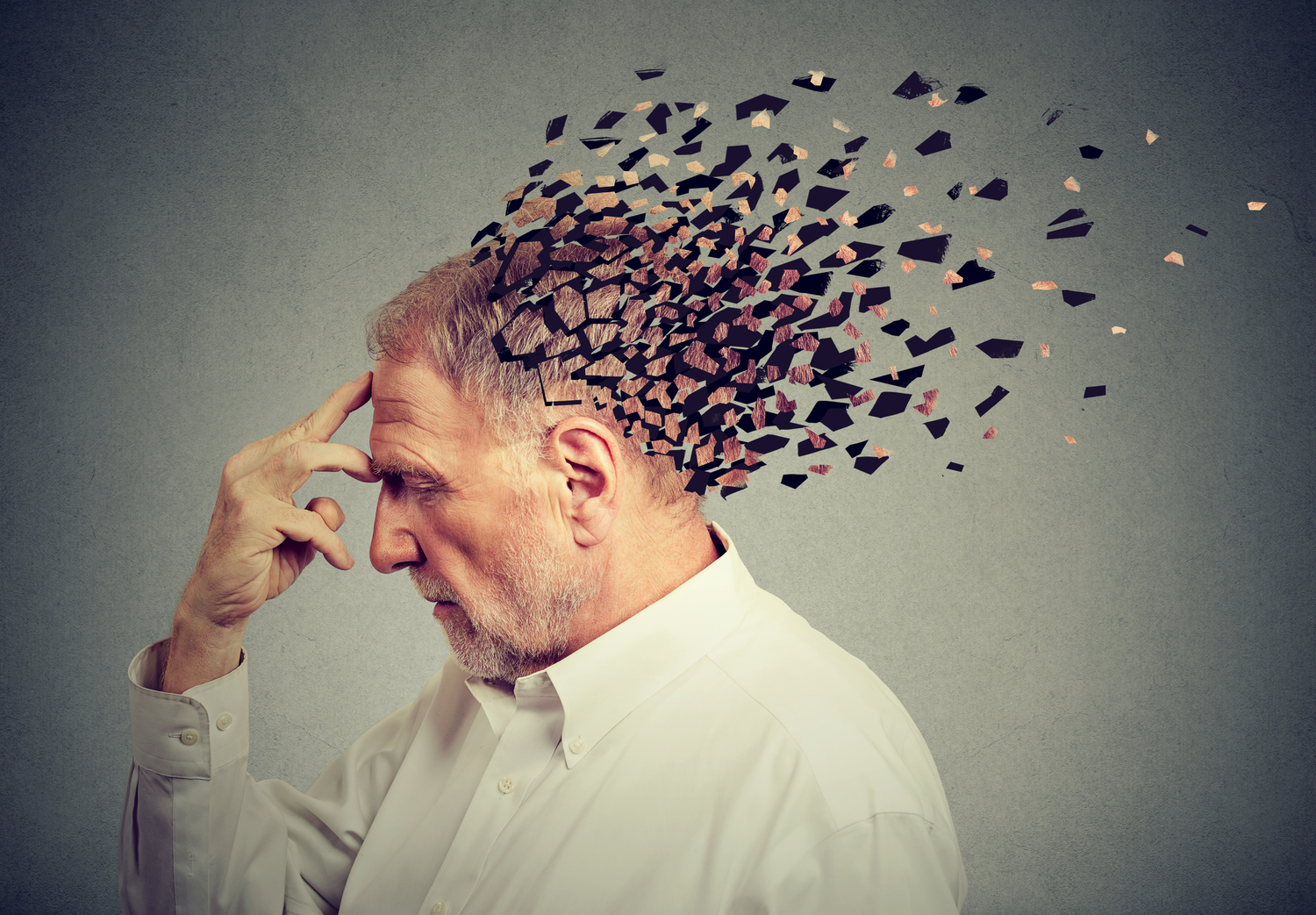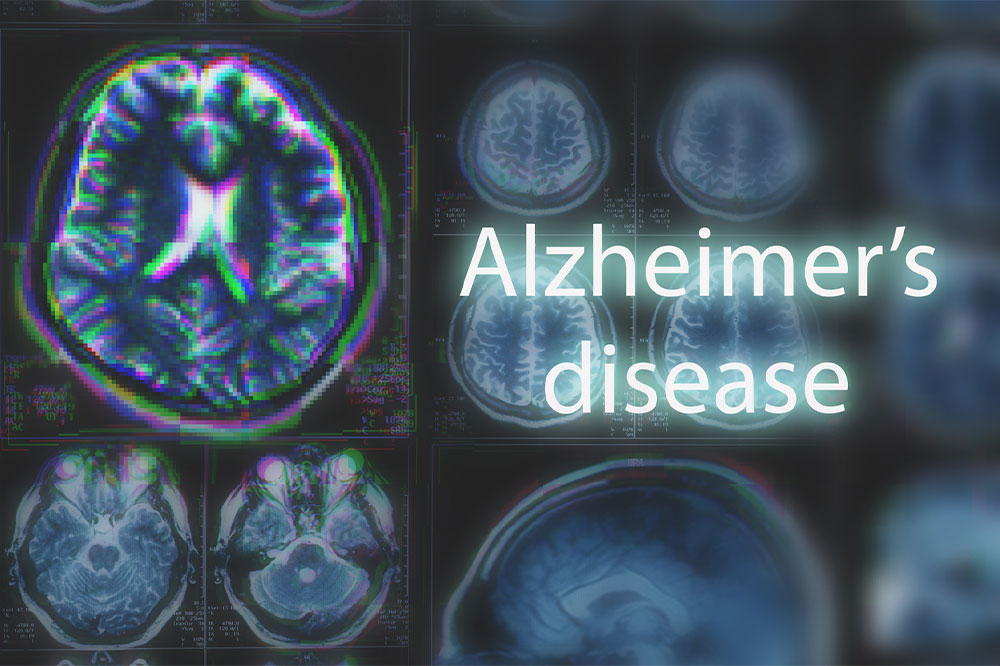Comprehensive Guide to Early Signs and Symptoms of Alzheimer’s Disease
This comprehensive guide explores the early signs and symptoms of Alzheimer’s disease, highlighting the importance of prompt recognition for better management. It covers mental, behavioral, and physical indicators that signal the onset of this neurodegenerative disorder. Early diagnosis can significantly improve quality of life by enabling timely intervention and personalized care. Understanding these symptoms helps caregivers and individuals take proactive steps, potentially slowing disease progression and enhancing overall well-being. Stay informed about the critical early indicators of Alzheimer’s to support affected loved ones effectively.

Understanding the Early Signs of Alzheimer’s Disease: A Complete Overview
Alzheimer’s disease represents a complex and progressive neurological condition that gradually impairs cognitive functions and memory. As one of the most common forms of dementia, it intricately affects brain and nerve activity, leading to a spectrum of mental and physical challenges. Early detection is vital for managing the disease effectively, enhancing the quality of life for those affected, and delaying further deterioration. Recognizing the initial symptoms not only facilitates prompt medical intervention but also enables caregivers and families to prepare for the forthcoming challenges.
The hallmark of Alzheimer’s includes noticeable declines in mental faculties such as memory loss, confusion, and difficulty in processing everyday information. These symptoms often develop subtly, making early detection challenging yet crucial. Affected individuals might show disorientation, especially in unfamiliar environments or at different times of the day, with many experiencing worse symptoms in the evening, a phenomenon known as 'sundowning.' Problems with understanding complex instructions, analyzing situations, and interpreting surroundings further contribute to a decline in independence, emphasizing the importance of early recognition.
Memory and Cognitive Changes: The earliest signs often involve forgetfulness of recent conversations, events, or familiar faces. Patients might quickly misplace items or forget appointments, leading to frustration and confusion. Over time, they may encounter difficulties with language, struggling to find the right words or follow conversations. This decline in cognitive abilities affects judgment and decision-making, causing individuals to make poor choices or become increasingly reliant on caregivers.
Behavioral and Physical Symptoms: Besides mental decline, physical and behavioral changes are also prominent indicators. Affected persons may experience a decrease in physical coordination, leading to unsteady gait, slurred speech, or declined motor skills. Physical restlessness and changes in appetite are common, which can lead to weight loss or nutritional deficiencies. Emotional instability manifests as irritability, depression, or anxiety, often accompanied by mood swings. Some individuals may exhibit hallucinations or paranoia, and behavioral patterns like wandering, repetitive speech, or getting lost are critical signs that warrant medical attention.
Early detection of these signs offers a window for intervention, which can slow disease progression and improve living conditions. Family members and caregivers should remain vigilant to behavioral changes, memory lapses, and physical symptoms, and seek medical advice promptly. Comprehensive assessments can confirm the diagnosis and help establish personalized care strategies. Lifestyle modifications, cognitive therapies, and medications prescribed by healthcare professionals can collectively enhance quality of life for those with early-stage Alzheimer’s.
In conclusion, while Alzheimer’s disease remains a formidable challenge, awareness and early action are our most effective tools. Recognizing early symptoms such as forgetfulness, behavioral changes, and physical deterioration can empower families and caregivers to seek timely medical support and implement management plans. Advancements in research continue to improve diagnostic methods and treatments, offering hope for better outcomes and improved well-being for millions affected worldwide.





